At Enersol, our emergency electrical services help Gold Coast residents prepare for and respond to power disruptions. Nobody likes power outages. They can put a real spanner in the works of our daily lives, bringing about all sorts of challenges at home. Whether it’s severe weather, equipment failure, or other factors, understanding what power outages involve and how they affect us is crucial.
Today, we will delve into the definition of power outages and shed light on their effects on households. By exploring the causes and consequences of power outages, you will gain valuable insights to navigate these challenging situations better. Understanding the implications of power outages goes beyond the inconvenience of being without electricity; it encompasses disruptions to essential services, communication breakdowns, potential safety hazards, financial losses, and a negative impact on daily life and routines.
By the end of this exploration, you will be equipped with a comprehensive understanding of power outages and their impact on households. Our electrical emergency response safety tips and guide to preventing circuit overloads provide crucial emergency preparedness insights. This knowledge will empower you to make informed decisions, take appropriate precautions, and adapt effectively when faced with power outages in the future. Let’s delve into this topic and uncover valuable insights to navigate power outages with resilience and preparedness. So, let’s begin!
Defining Power Outages
A power outage is the sudden loss of electrical power in a specific area or across an entire region. It occurs when the electricity supply to homes, businesses, and infrastructure is interrupted. Power outages can vary in duration, ranging from a few minutes to several hours or even days, depending on the underlying cause and the required repair time.

Impact Of Power Outage On Households
Power outages can deeply affect households by disrupting daily routines and compromising both comfort and safety. They often hit during severe weather or due to issues with electricity distribution, impacting vital services like lighting, heating, and cooling. Without power, homes face significant discomfort and inconvenience, particularly in harsh weather conditions.
Utility Company and Electrical Supply Disruptions: The disruption to electrical supply can be due to several factors:
- Scheduled Maintenance: Sometimes, utility companies must perform scheduled maintenance, which can temporarily disrupt the power supply. While necessary, this can still be inconvenient.
- Severe Weather Events: Storms, hurricanes, and other extreme weather events can damage electricity equipment and distribution lines, causing widespread power outages. These events test utility companies’ resilience and response capabilities.
- Restoring Power: After an outage, restoring power involves complex coordination by the utility company to repair damaged infrastructure and ensure the safety of the electrical supply.
Communication breakdowns are a major hurdle during power outages. Without electricity, using electronic devices becomes tough, making it hard to stay connected with family and emergency services. This is especially crucial when power goes out unexpectedly during severe weather.
Safety hazards are a critical concern. Devices and systems that ensure safety, such as electrically powered medical equipment or home security systems, may cease functioning. The absence of these can pose risks to individuals with specific health conditions or compromise the security of homes.
The financial fallout from power outages can be hefty. Businesses might face interrupted operations, spoiled perishable goods, and difficulty completing urgent tasks. On a personal level, people may deal with financial hits due to spoiled food or disrupted work-from-home setups.
Beyond these immediate issues, power outages greatly affect our daily lives. They disrupt chores, entertainment, studying, and work, leading to stress and loss of productivity. Without electricity, life loses a sense of normalcy, and even simple tasks become tricky and stressful.
Weather-Related Causes: Storms, Lightning Strikes, And High Winds
Weather-related causes are among the most common culprits in power outages. Severe storms, lightning strikes, and high winds can wreak havoc on electrical systems, leading to interruptions in the power supply. This section will explore these weather-related causes in detail, highlighting their impact and vulnerabilities.
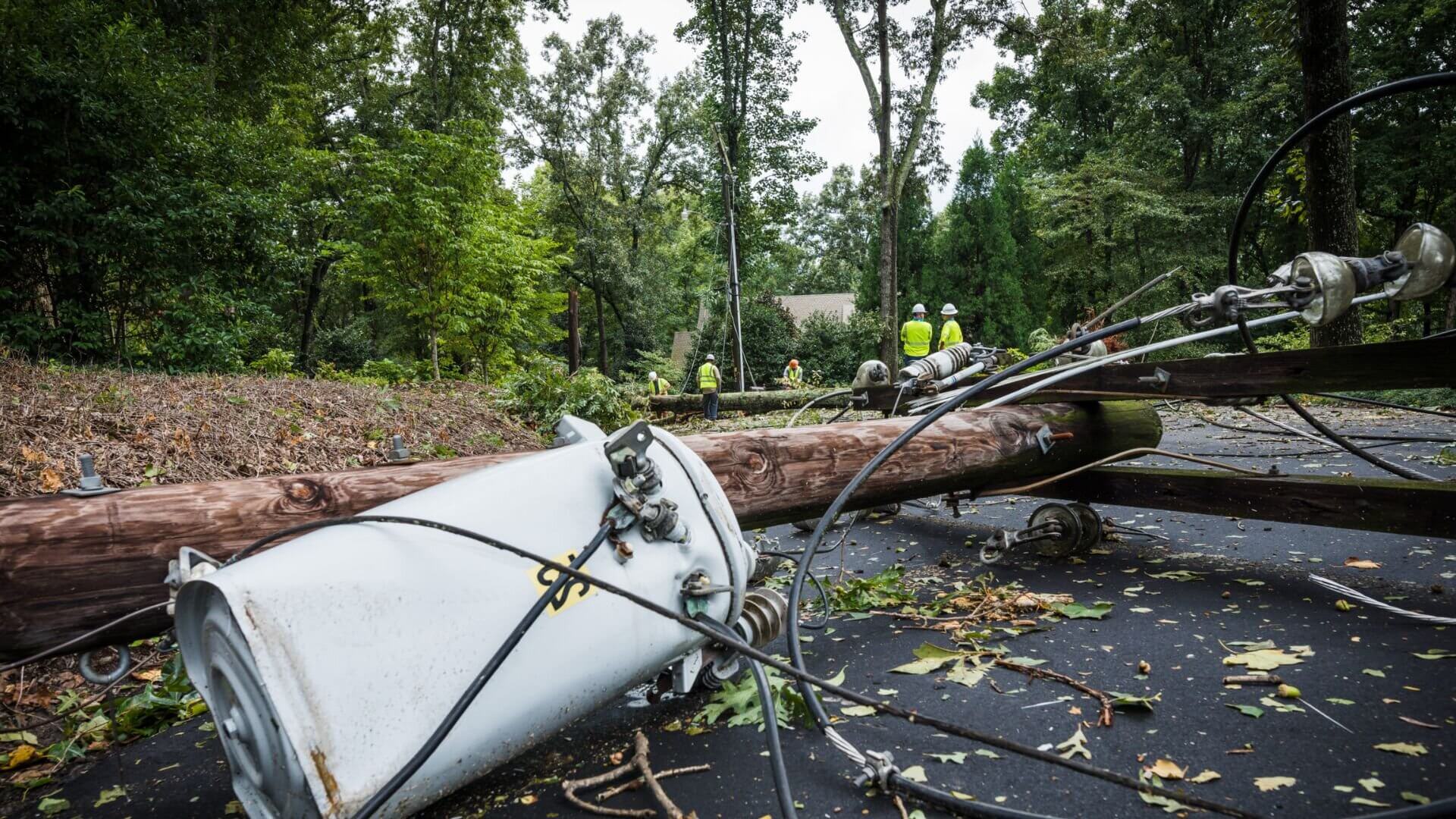
Severe Storms and Power Outages
Severe storms, including thunderstorms, hurricanes, and cyclones, can result in widespread power outages. Heavy rain, strong winds, and lightning significantly threaten electrical infrastructure. Here’s how these elements contribute to power outages.
Downed Power Lines
Strong winds during storms can cause trees, branches, or debris to fall onto power lines, leading to damage or disconnection. When power lines are compromised, electricity cannot flow smoothly, resulting in power outages.
Lightning Strikes
Lightning is a spectacular natural phenomenon and a potential cause of power outages. When lightning strikes power lines or electrical equipment, it can cause damage, interrupting the electricity supply.
Flooded Substations And Equipment
Heavy storm rainfall can lead to flooding, affecting electrical substations and equipment. Water damage can render electrical components inoperable, necessitating repairs and causing power outages.
Understanding Vulnerabilities Of Power Lines
Power lines, the backbone of electricity distribution, are particularly vulnerable to adverse weather conditions. Here are some key factors contributing to their susceptibility:
Overhead Power Lines: Many power lines are installed above ground, making them more susceptible to damage from strong winds, falling trees, and flying debris during storms. Their exposure increases the risk of interruptions in the power supply.
Transmission Line Length: Longer transmission lines are more susceptible to disruption as they cover greater distances and are exposed to varying weather conditions. Any damage or disruption along the line can have cascading effects on the electricity distribution network.
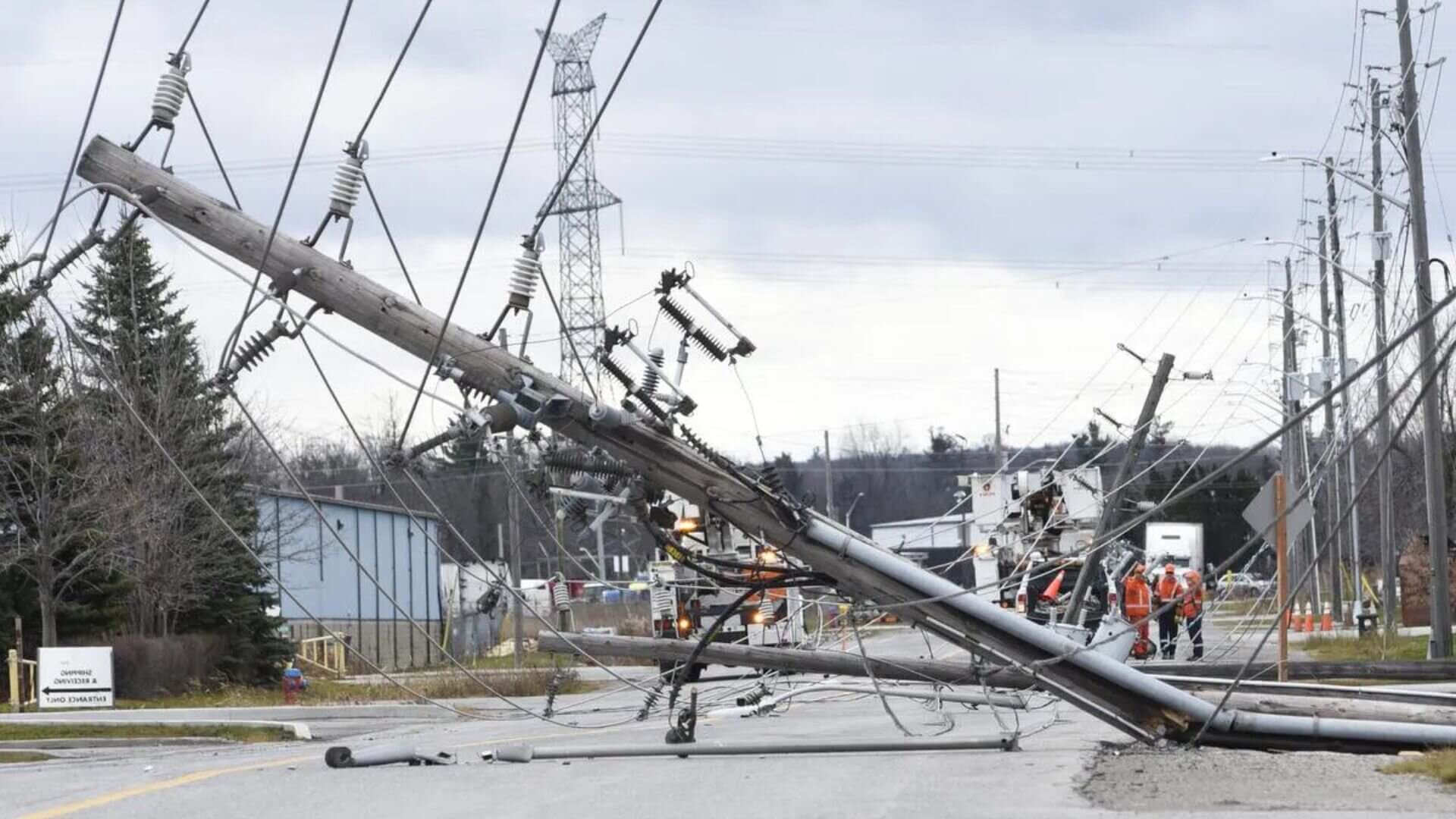
Mitigating Weather-Related Outages
While we cannot control the weather, there are steps we can take to minimise the impact of weather-related power outages. Here are some tips to consider:
- Proactive maintenance of power lines and electrical equipment
- Regular trimming and vegetation management programs
- Investing in resilient infrastructure, such as robust power poles, advanced lightning protection systems, and underground power lines in vulnerable areas
Equipment Failure: Aging Infrastructure And Common Failures
Equipment failure is a significant factor contributing to power outages, particularly in cases where the infrastructure has aged over time. In this section, we will delve into the impact of aging infrastructure on the power supply and explore common equipment failures that can result in disruptions.
Aging Infrastructure and its Consequences
Electrical infrastructure deteriorates, including transformers, circuit breakers, and distribution systems. The aging process can lead to various issues, ultimately causing power outages. Here’s a closer look at the consequences of aging infrastructure:
Degraded Performance
As electrical components age, their performance may decline. Transformers and circuit breakers, for example, may experience reduced efficiency, making them more susceptible to failures that can disrupt the electricity supply.
Increased Vulnerability
Aging infrastructure is more prone to malfunctions and breakdowns. Components such as cables, connectors, and switches may become brittle or corroded, making them susceptible to faults or failures.
Common Equipment Failures
Several types of equipment failures commonly contribute to power outages. It is crucial to be aware of these failures, address them promptly, and prevent prolonged disruptions. Here are some common equipment failures:
Transformer Failures
Transformers are vital in electricity distribution, stepping up or down voltage levels as needed. Over time, transformers can fail due to factors like insulation breakdown, overheating, or mechanical issues. Depending on their size and location, transformer failures can result in localised or widespread power outages.
Circuit Breaker Malfunctions
Circuit breakers are designed to protect electrical systems from overload or short circuits. However, they can malfunction due to aging contacts, improper maintenance, or electrical faults. When circuit breakers fail, they can trip or remain stuck in one position, leading to power interruptions.
Insulator Failures
Insulators are crucial components that prevent the flow of electricity through supporting structures. Over time, insulators can deteriorate due to weather exposure, pollution, or mechanical stress. Insulator failures can result in electrical faults, affecting the reliability of the power system.
Addressing Equipment Failures
Proactive measures are essential to mitigate the risks associated with equipment failures and aging infrastructure. Here are some strategies to consider:
- Regular inspections and maintenance of electrical equipment
- Upgrading aging infrastructure
- Implementing monitoring systems
Vegetation Interference: Overgrown Trees And Maintenance
Vegetation interference is a common cause of power outages, often from overgrown trees and the lack of proper maintenance. This section will explore how these factors affect power lines and the significance of regular tree trimming and maintenance.
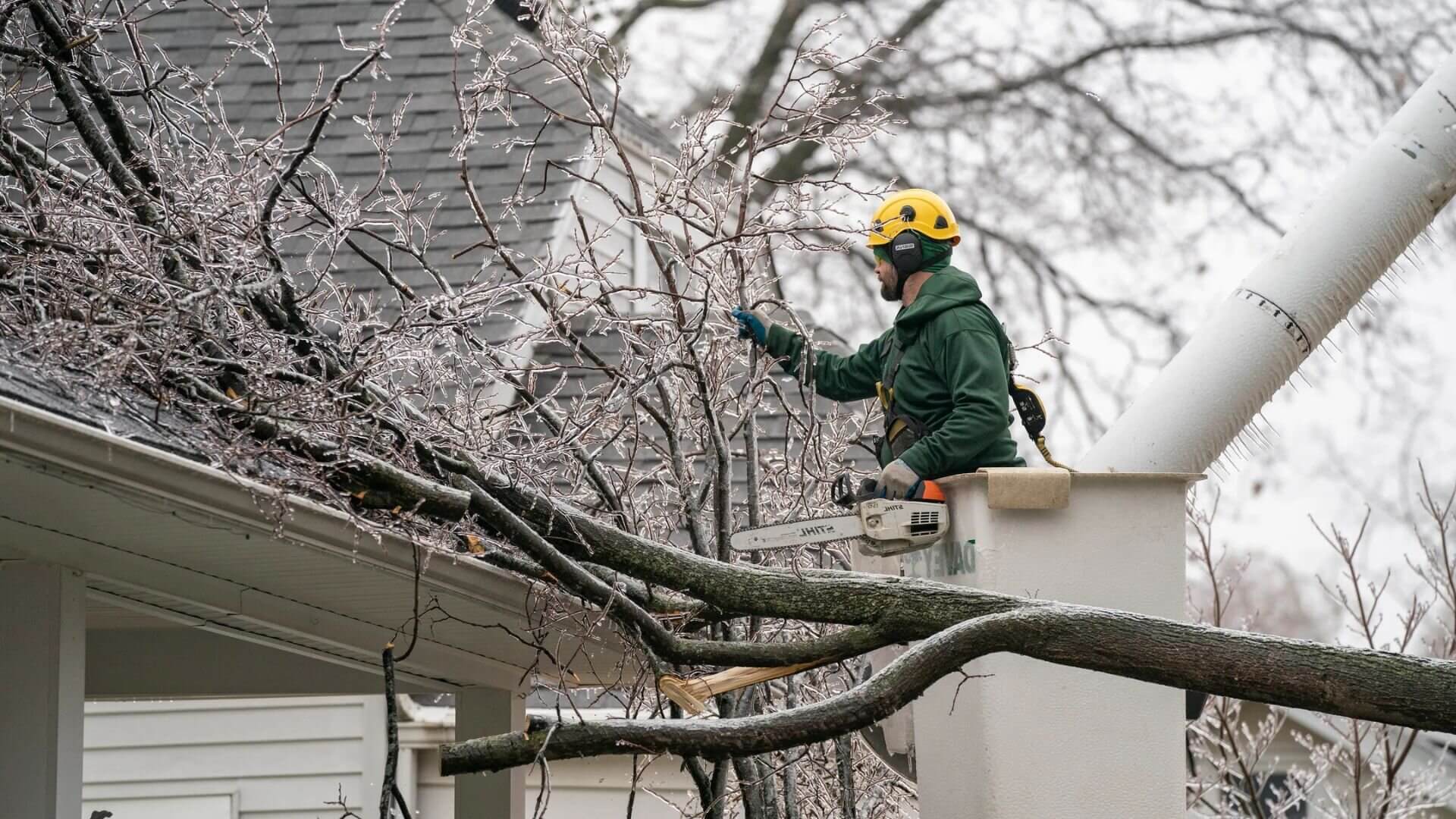
The Impact of Overgrown Trees On Power Lines
Overgrown trees near power lines pose a significant threat to the electrical infrastructure. Here’s a closer look at how overgrown trees can interfere with power lines and result in outages:
Tree Contact
When tree branches come into contact with power lines, they can cause electrical faults, short circuits, and even physical damage to the lines themselves. These contact incidents can cause power outages, impacting households and entire communities.
Weather-Related Risks
Overgrown trees can sway or be uprooted during storms or high winds, potentially falling onto power lines. This poses a severe hazard and increases the likelihood of power disruptions. Additionally, fallen trees and branches can hinder repair crews’ access, further prolonging outage restoration efforts.
Human Error And Accidents: Digging And Preventing These Risks
Human error and accidents, particularly those related to digging and construction activities, can significantly impact power outages. This section will discuss how these factors contribute to outages and highlight the importance of preventing such incidents.

The Role Of Human Error In Power Outages
Human activities, particularly during digging and construction projects, can inadvertently cause damage to underground cables and other critical electrical components.
Unintentional cable hits are a significant risk when underground power cables are accidentally struck during excavation or construction work. These hits can result in immediate power outages and pose serious safety hazards to workers and the surrounding area.
Failure to follow safety protocols, such as accurately marking the locations of underground utilities and using appropriate digging techniques, further increases the likelihood of cable damage.
You must also adhere to safety guidelines to avoid costly repairs, service disruptions, and potential injuries. Additionally, a lack of awareness and training in safe digging practices can lead to avoidable accidents.
Preventing Human-Induced Power Outages
Preventing human-induced outages requires awareness, training, and adherence to safety guidelines. Here’s how we can mitigate the risks associated with human error and accidents:
- Before starting any excavation or construction project, contacting the local Dial Before You Dig service is essential.
- Following safe excavation practices to minimise the risk of cable hits and power outages.
- Individuals involved in digging and construction projects should receive adequate training and education on safe digging practices.
Grid Overload And System Failure: Demand And Implications
Grid overload and system failures can have severe implications for the stability and reliability of the electrical grid. Let’s examine this further!
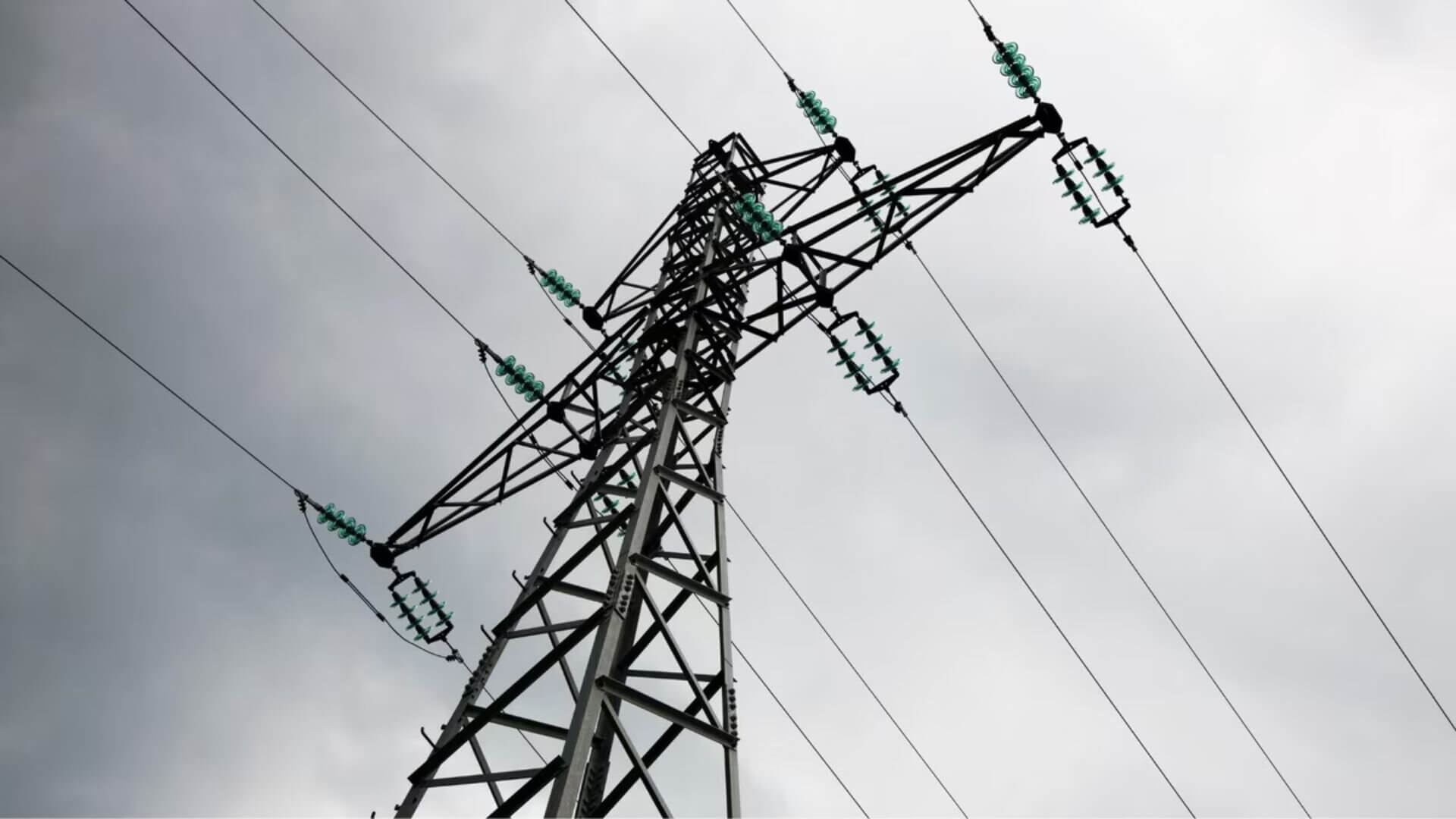
Increased Demand And Its Impact On The Grid
Increased demand for electricity due to our reliance on electrical devices and technology has significant implications for the electrical grid. This increased demand strains power generation capacity, risking system failures and blackouts when demand exceeds supply.
Transmission lines that carry electricity can become overloaded, leading to overheating, equipment failures, and power outages. Additionally, the grid may experience voltage instability, with levels dropping below or rising above the optimal range, affecting the performance of electrical equipment and causing disruptions. Addressing these challenges becomes essential to ensure a reliable and stable power supply as our dependence on electricity grows.
Implications Of Grid Failures And Blackouts
Grid failures and blackouts have far-reaching implications for both residential and commercial users. One critical impact is disrupting essential services, including healthcare facilities, emergency services, and transportation systems. This jeopardises public safety, affects vital operations, and results in economic losses.
Power outages also cause inconvenience and productivity loss, disrupting daily routines for individuals and businesses. Work productivity is hampered, and companies may suffer financial losses due to interrupted operations and potential damage to equipment.
Additionally, sudden power surges or fluctuations during grid failures can damage sensitive electrical equipment, such as computers, appliances, and industrial machinery, leading to significant repair or replacement costs.
Managing Grid-Related Challenges
Effectively managing grid-related challenges requires a multi-faceted approach. Here are some strategies and practices to consider:
Load Management
Implementing load management techniques helps balance electricity demand and supply. This involves incentivising consumers to reduce energy consumption during peak periods and implementing demand response programs.
Grid Modernisation
Upgrading and modernising the grid infrastructure is essential to accommodate increasing demand and improve system resilience. This includes incorporating innovative grid technologies, advanced monitoring systems, and automation to enhance grid performance and optimise resource allocation.
Diversifying Energy Sources
Investing in diverse energy sources, including renewable energy, helps reduce dependence on a single power generation method. This diversification enhances grid stability and minimises the risk of disruptions caused by failures in specific energy sources.
Power Outage Preparedness: Tips And Recommendations
Being prepared for a power outage is essential to ensuring the safety and well-being of your household. This section provides practical tips and recommendations to help you prepare for power outages and minimise their impact. Following these guidelines can increase your readiness and maintain security during unexpected electrical disruptions.
- Create an emergency kit.
- Have backup power options.
- Safely store generator fuel.
- Preserve food and medication
- Use alternative light sources such as candles or solar lights
- Unplug electronics and devices
- Stay informed and up-to-date
- Maintain communication
- Be mindful of Carbon Monoxide (CO) risks
- Be cautious with power restoration
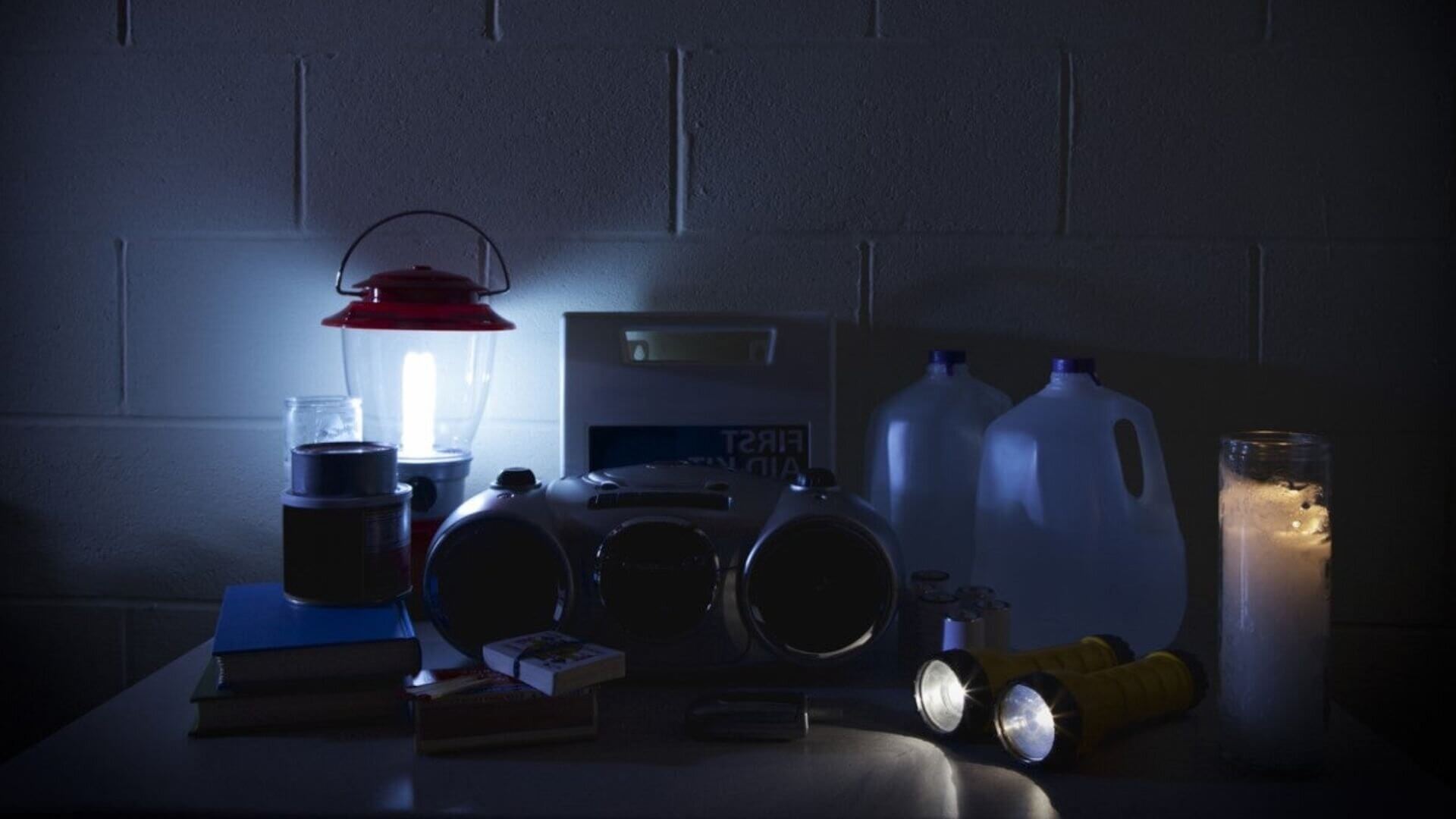
Connect With Enersol Electrical On The Gold Coast
Thank you for reading our comprehensive guide on power outages and their common causes. If you’re located on the Gold Coast and need professional assistance with electrical services or have further questions regarding power outages, Enersol Electrical is here to help.
As the leading electrical company in the area, we pride ourselves on our expertise, reliability, and commitment to providing excellent service. Whether you require electrical repairs, maintenance, or installations, our highly skilled team is ready to assist you.
At Enersol Electrical, we understand the importance of addressing electrical issues promptly and efficiently. With our extensive industry experience and dedication to customer satisfaction, you can trust us to deliver reliable solutions tailored to your specific needs. Our emergency electrical services are available 24/7 for urgent situations.
Don't hesitate to call Enersol Electrical for all your electrical requirements or concerns about power outages on the Gold Coast. We are here to offer our expertise and ensure the safety and functionality of your electrical systems.